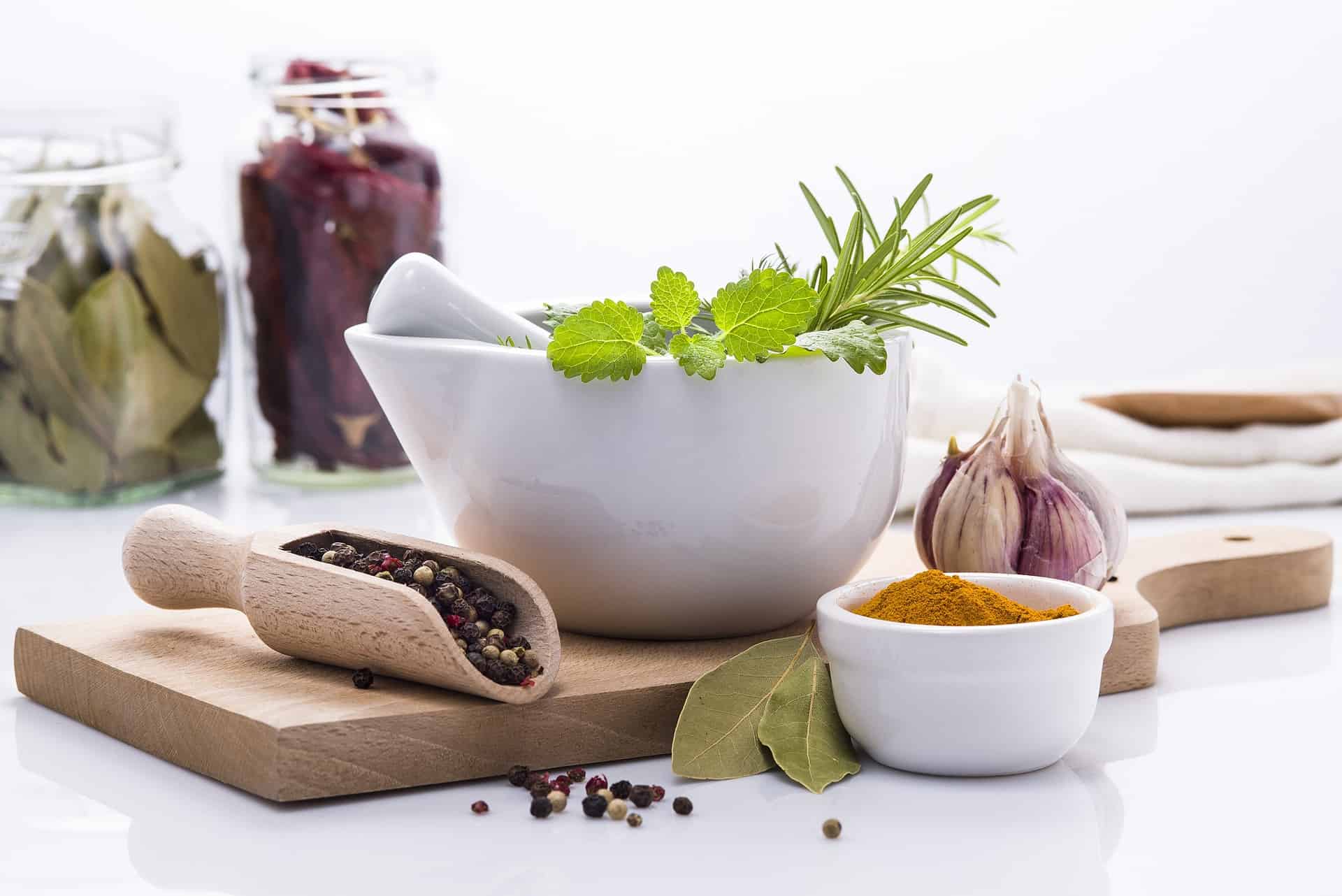Do you want to lower your high cholesterol naturally? Many of us know the role proper nutrition, regular exercise, and quitting smoking can play in lowering cholesterol. But did you know that some spices and herbs can also be quite helpful in decreasing your cholesterol?
It’s true! Here’s the good news: there are some delicious everyday herbs and spices that could be just what you need to boost your heart health. From turmeric to oregano, these ten herbs and spices not only add flavor to food but may also help reduce inflammation – one of the main causes of high cholesterol.
So let’s take a look at 12 surprising herbs and spices that can help lower cholesterol naturally.
12 Herbs and Spices That Lower Cholesterol
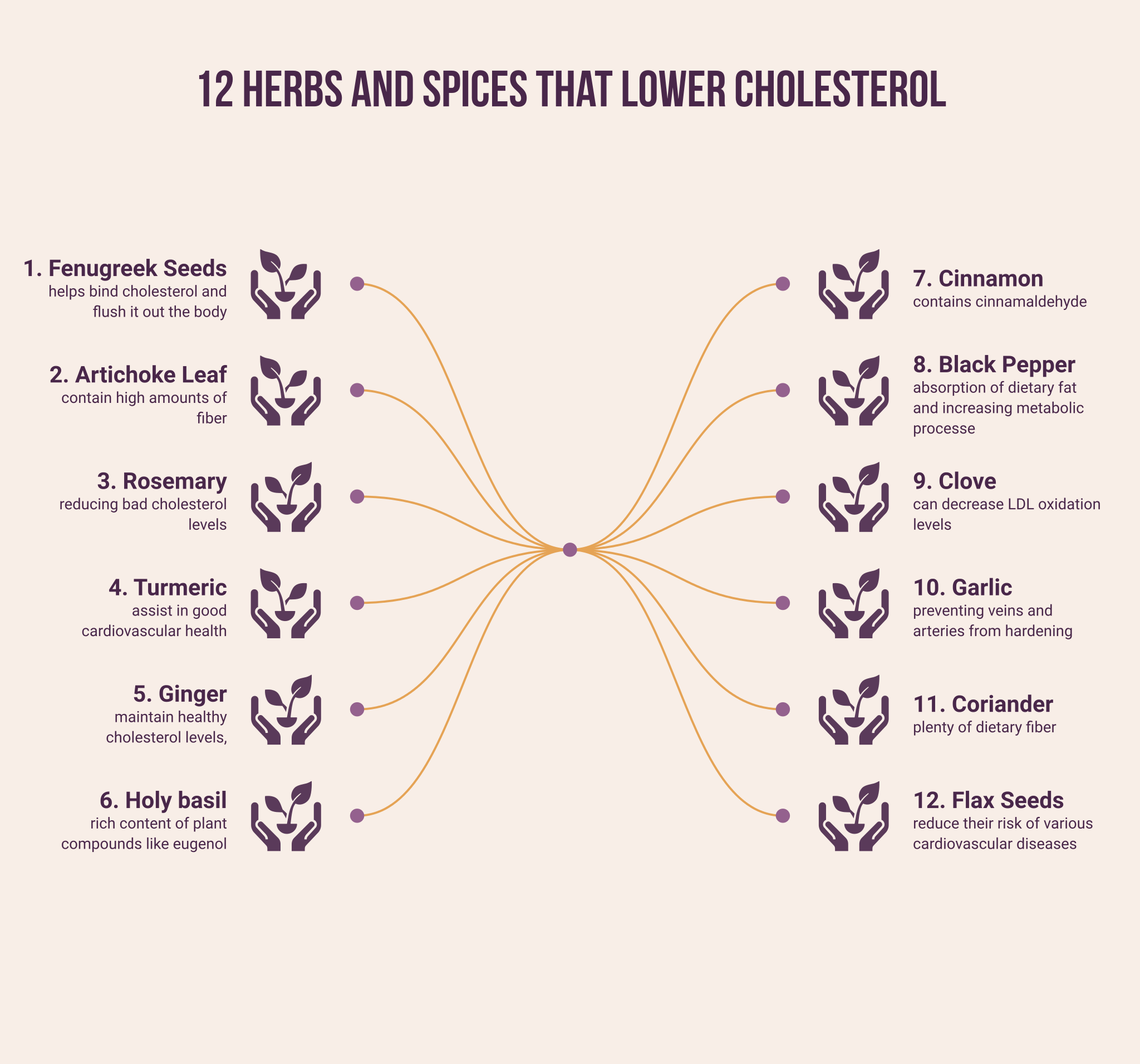
Many herbs and spices can help reduce your cholesterol levels, but here are the top 12.
1. Fenugreek Seeds
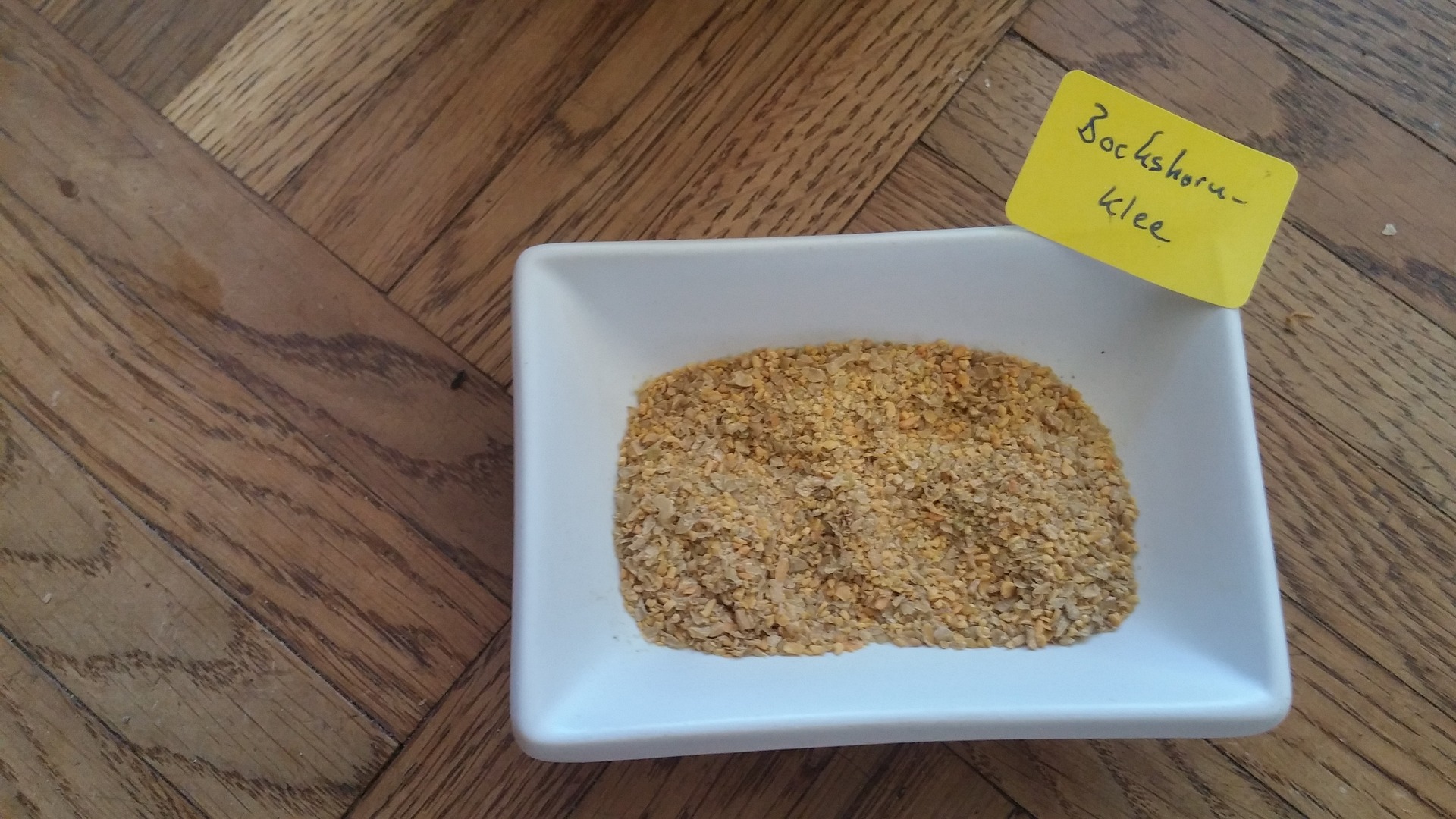
Fenugreek seeds are a deep golden-yellow spice that has long been used in cooking around the world, from India to the Middle East. But did you know that fenugreek seeds can also help lower your cholesterol?
That’s right – this tiny seed is packed with nutrients and health benefits and may be able to do wonders for your blood lipid levels. The soluble fiber found in fenugreek seeds helps bind cholesterol and flush it out of the body naturally. According to studies, including fenugreek in your diet may help lower your LDL cholesterol and triglycerides levels, which will benefit your cardiovascular health.
To get these benefits, you just need to add a spoonful of dry roasted fenugreek seeds to your meal – sprinkle them over soup, rice, or dishes like curry or daal – or even make the popular Indian herbal tea and sip it twice daily for best results.
2. Artichoke Leaf
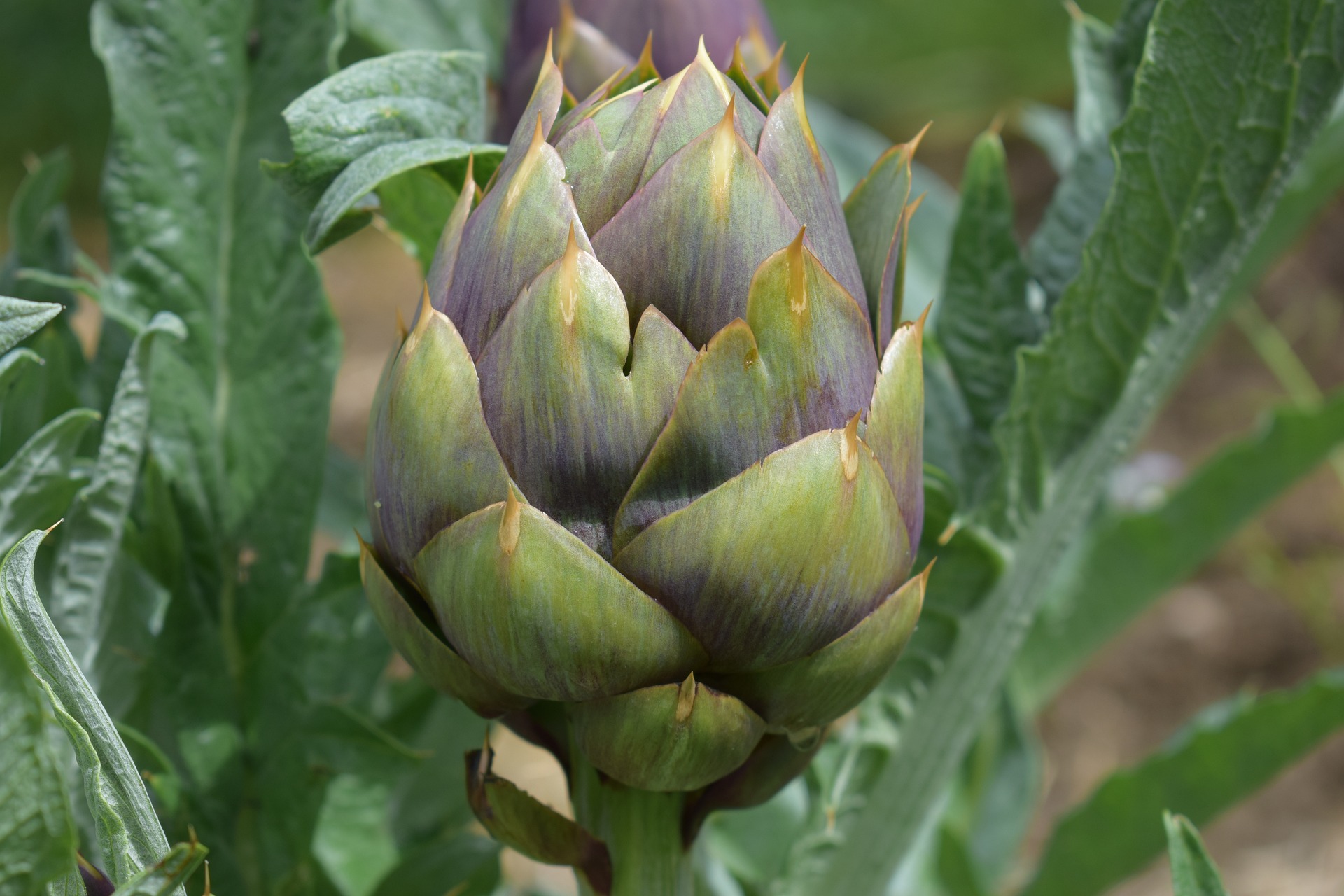
Artichoke leaves are nutritious and packed with healthy compounds that can make a difference in someone’s overall health. Additionally, these edible organ parts contain substances called caffeoylquinic acid 3-O-beta D-glucuronopyranoside and lutolin 7-O-beta D-glucopyranoside that help the body reduce cholesterol levels.
Furthermore, they also contain high amounts of fiber, which helps people better digest foods. The best aspect is that anyone may easily integrate artichoke leaves into their diet. Chopped-up fresh leaves can be added to salads or cooked as a side dish, while supplements made out of dried and powdered leaves are also available at most health stores.
3. Rosemary
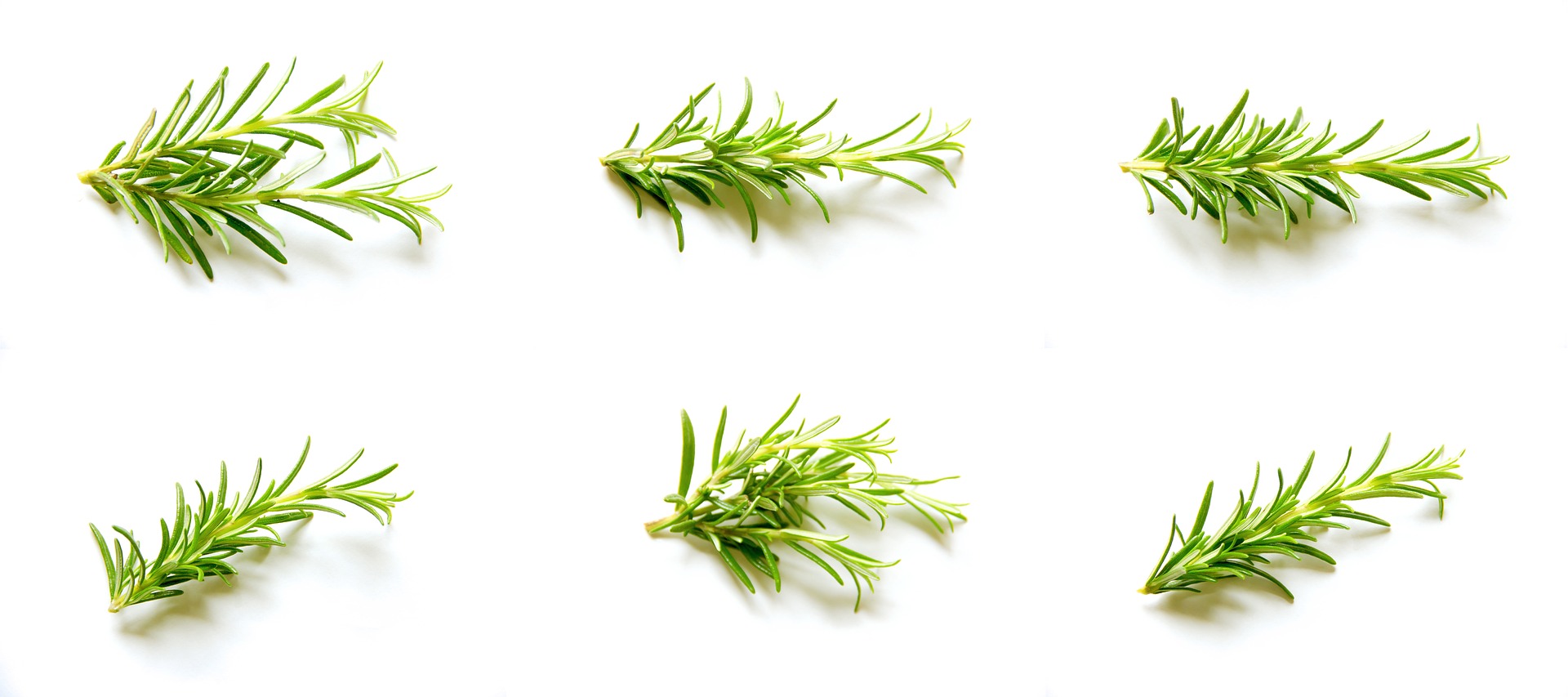
Originally from the Mediterranean region, rosemary is a fragrant evergreen shrub. But more than just adding flavor and scent, rosemary has many health benefits, including reducing bad cholesterol levels when consumed in consistent amounts.
The active ingredient that helps reduce LDL is rosmarinic acid, which is abundant in fresh or dried rosemary leaves. Add a generous pinch of freshly chopped leaves to your daily meals to benefit from rosemary’s medicinal powers. Or use as an ingredient while cooking whole grains such as rice or quinoa, or toss into salads or steamed vegetables.
4. Turmeric
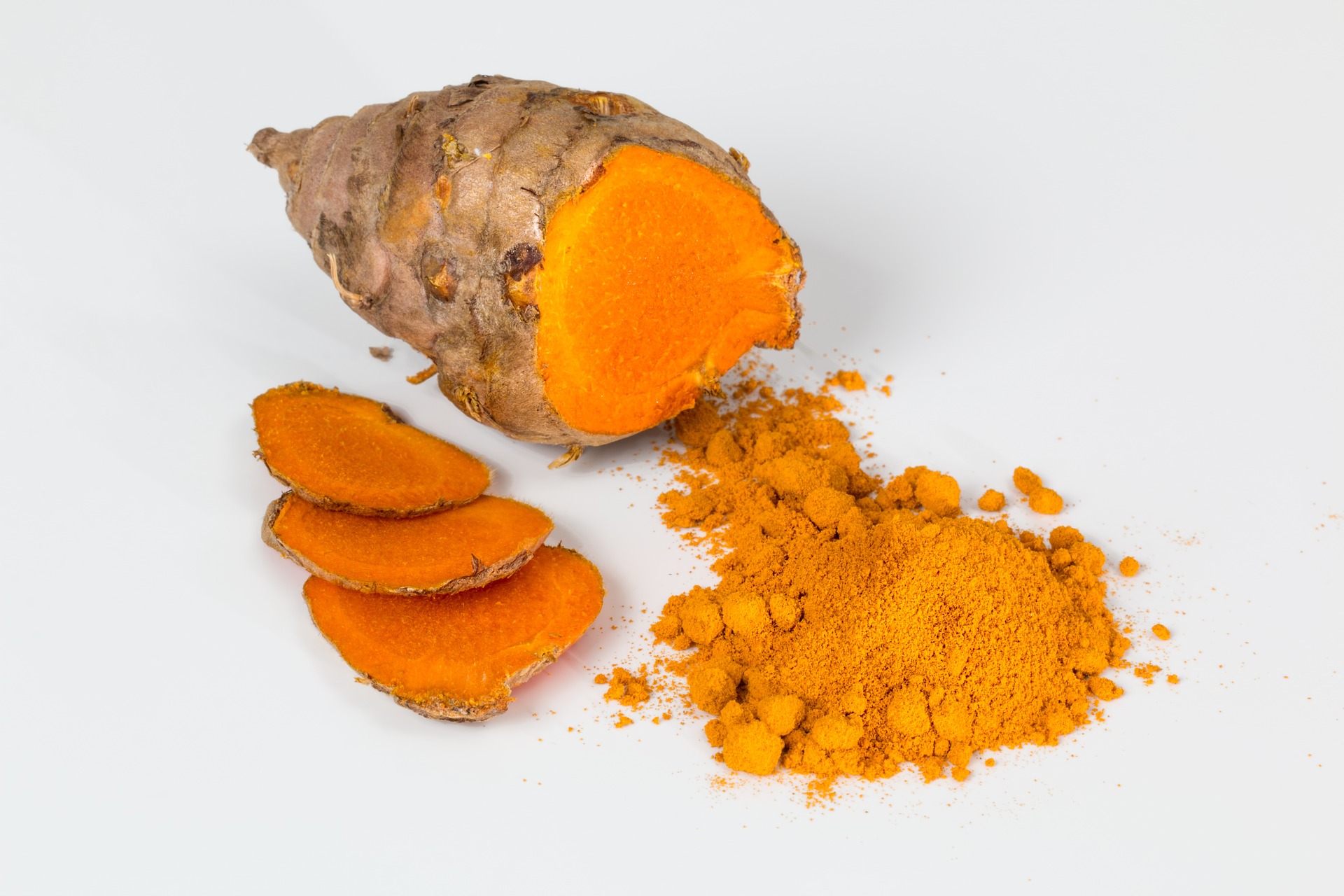
Turmeric is a spice that’s gaining more and more recognition for its seemingly magical properties. It’s got a lot of scientifically-backed health benefits, and one of these wonders is its potential to reduce cholesterol levels in the body. The active ingredient in turmeric, curcumin, has been found to help lower both “bad” LDL cholesterol and total cholesterol levels.
It works by preventing particles of bad cholesterol from being absorbed into the body; blocking them off at the intestinal level doesn’t further contribute to current levels. With regular use, turmeric could be an exceptional support mechanism to assist in good cardiovascular health.
Fortunately, it’s pretty easy to add turmeric to your diet. Just sprinkle some on your breakfast eggs or salads, mix some power into your protein shakes, or just make yourself a cup of turmeric tea when you need a pick-me-up!
There are so many delicious recipes out there with this tasty Indian spice as the star ingredient; you’ll never get bored. A daily dose of this amazing spice may give you enormous benefits and keep your heart healthy for years to come!
5. Ginger
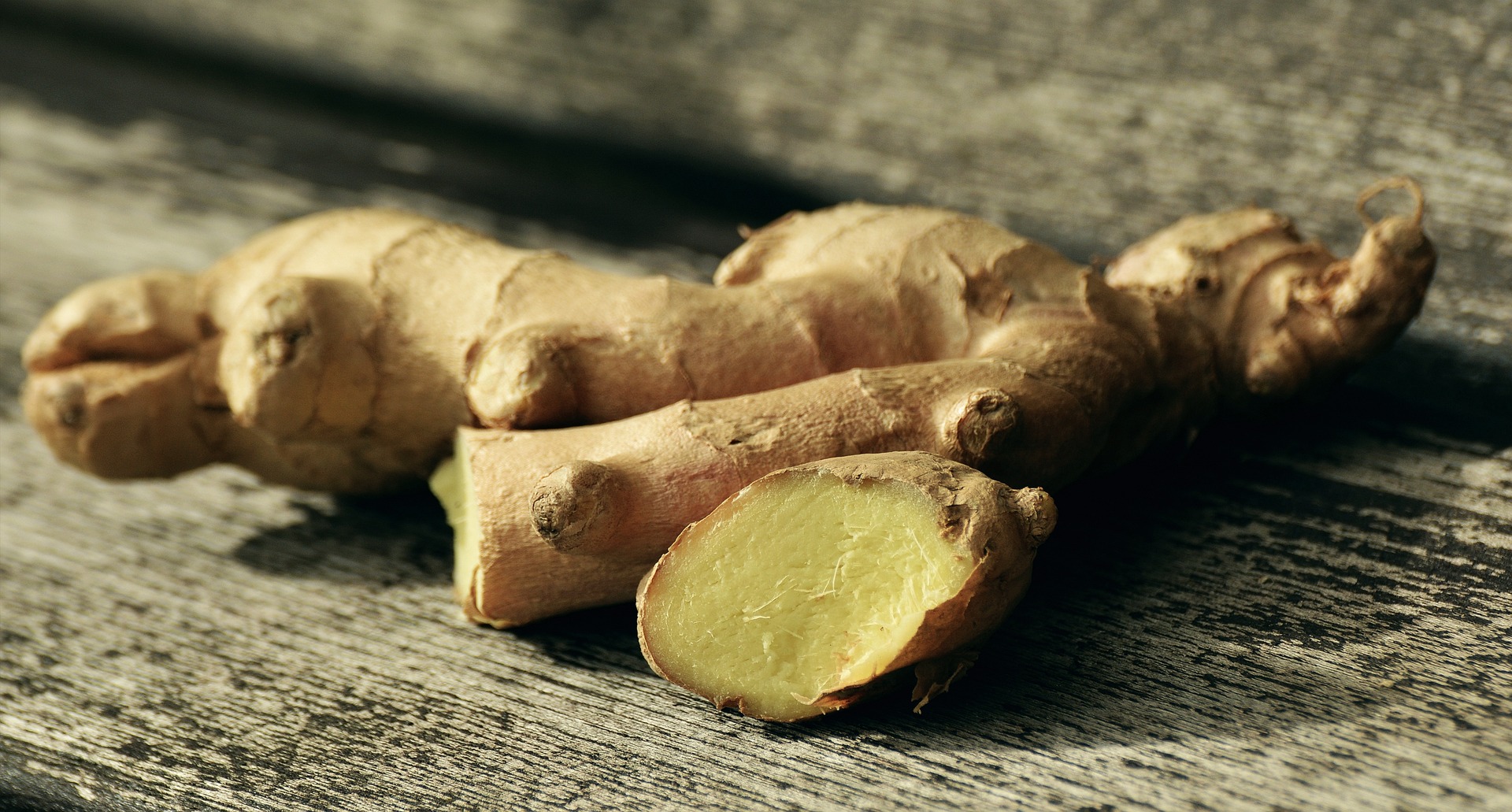
Ginger is a brightly colored root-like plant that grows in different parts of the world, most notably in Asian cuisine. It has been used as a form of herbal medicine for many centuries, offering plenty of health benefits to its devotees.
One such special benefit is its ability to lower cholesterol levels naturally. Studies have shown that using ginger regularly helps maintain healthy cholesterol levels, reducing fat and lowering the risk of heart attacks.
Most people report positive results within weeks without the need for any further intervention or prescription drugs. The best way to get the most out of ginger’s health properties is to steep it in tea or add it to food dishes when cooking – both very easy tasks!
6. Holy Basil
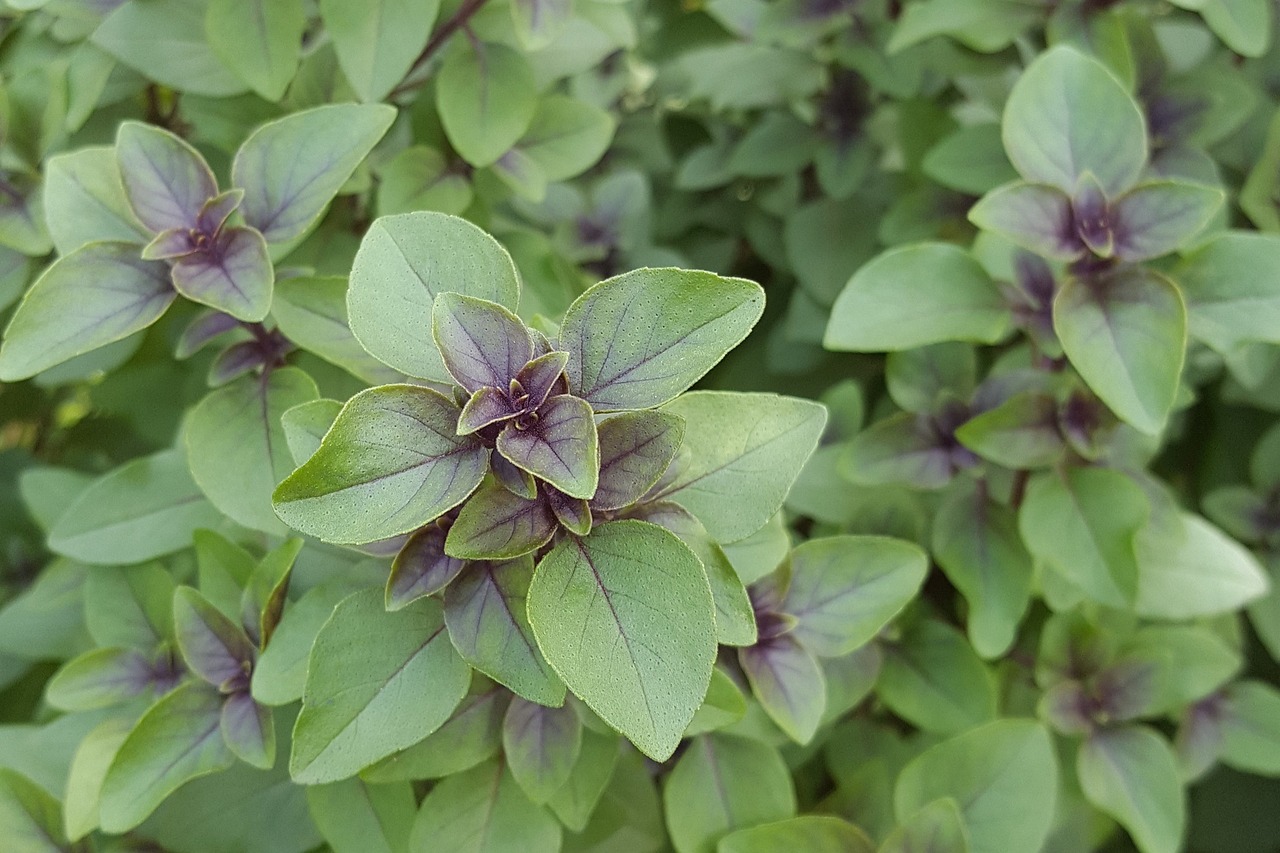
Recent scientific studies have shown that it may indeed have a strong, positive effect on human cholesterol management.
So what is holy basil? It’s an herb native to India, usually found in culinary dishes or fragrant teas due to the pungent aroma of its leaves. What makes it so special is its rich content of plant compounds like eugenol, rosmarinic acid, and apigenin. These are key components in helping to reduce LDL (bad) cholesterol while increasing the good HDL.
Adding holy basil to your diet is easy. Try adding some leafy sprigs into salads or stir-fry dishes. Alternatively, why not take advantage of this herb’s tea-making abilities? With the right combination of water and natural sweetener, you can enjoy its unique taste by making yourself a delicious cup!
7. Cinnamon
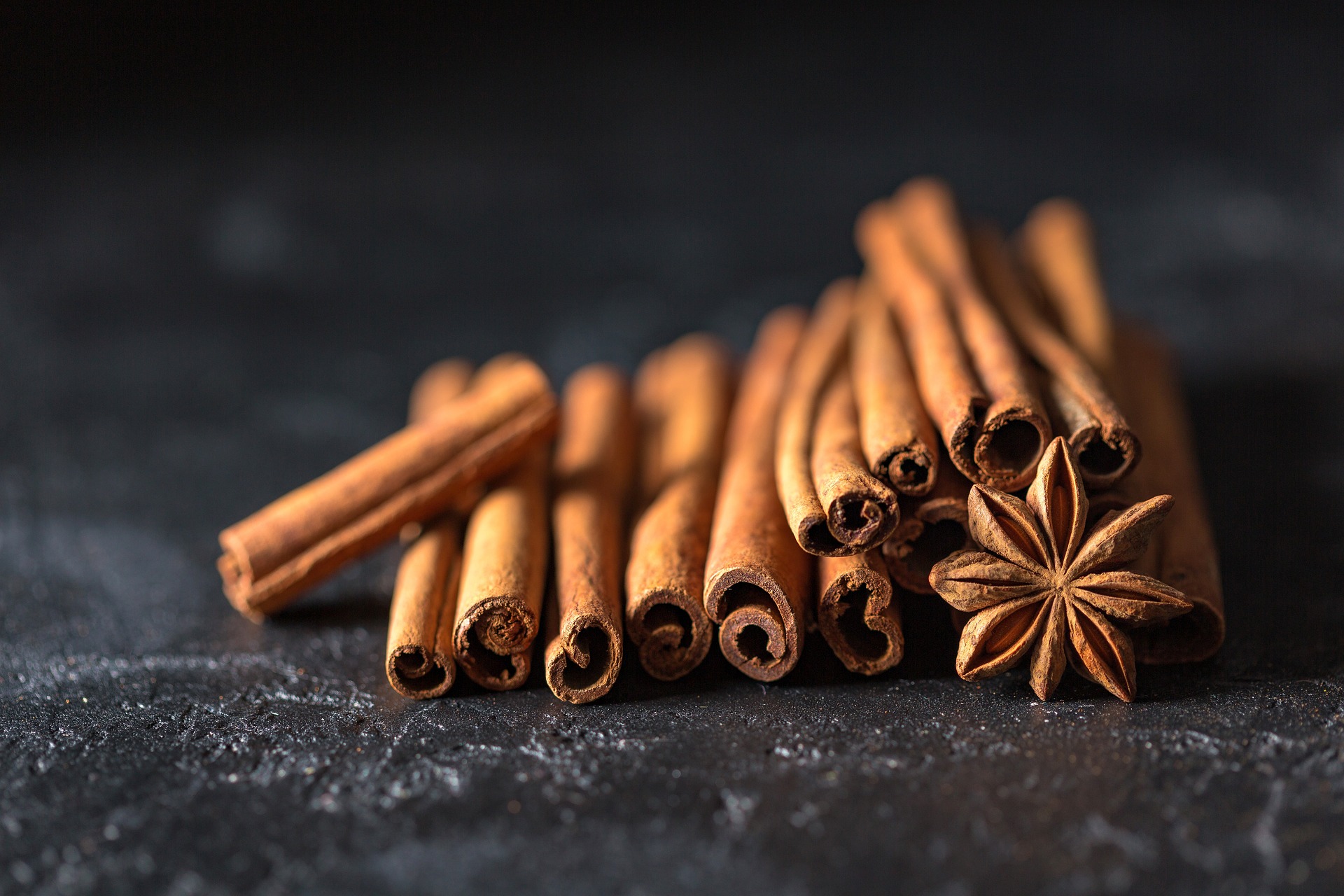
When it comes to managing cholesterol, a natural solution such as spice cinnamon may help keep your levels in balance. Cinnamon is made from the inner bark of different tree species and boasts a range of antioxidants and health-promoting compounds. A standout compound among these is cinnamaldehyde, which has been seen in studies to reduce bad cholesterol while increasing good cholesterol levels.
To utilize this great benefit, add some ground cinnamon to your morning oatmeal or sprinkle cinnamon on fresh fruit for breakfast. You can also include a teaspoon of ground cinnamon into baked goods that you make at home or even add it to your morning coffee for an added flavor boost.
Whichever you choose to take it. It’s clear that adding this delicious spice to your diet could be an easy key to lowering cholesterol naturally.
8. Black Pepper
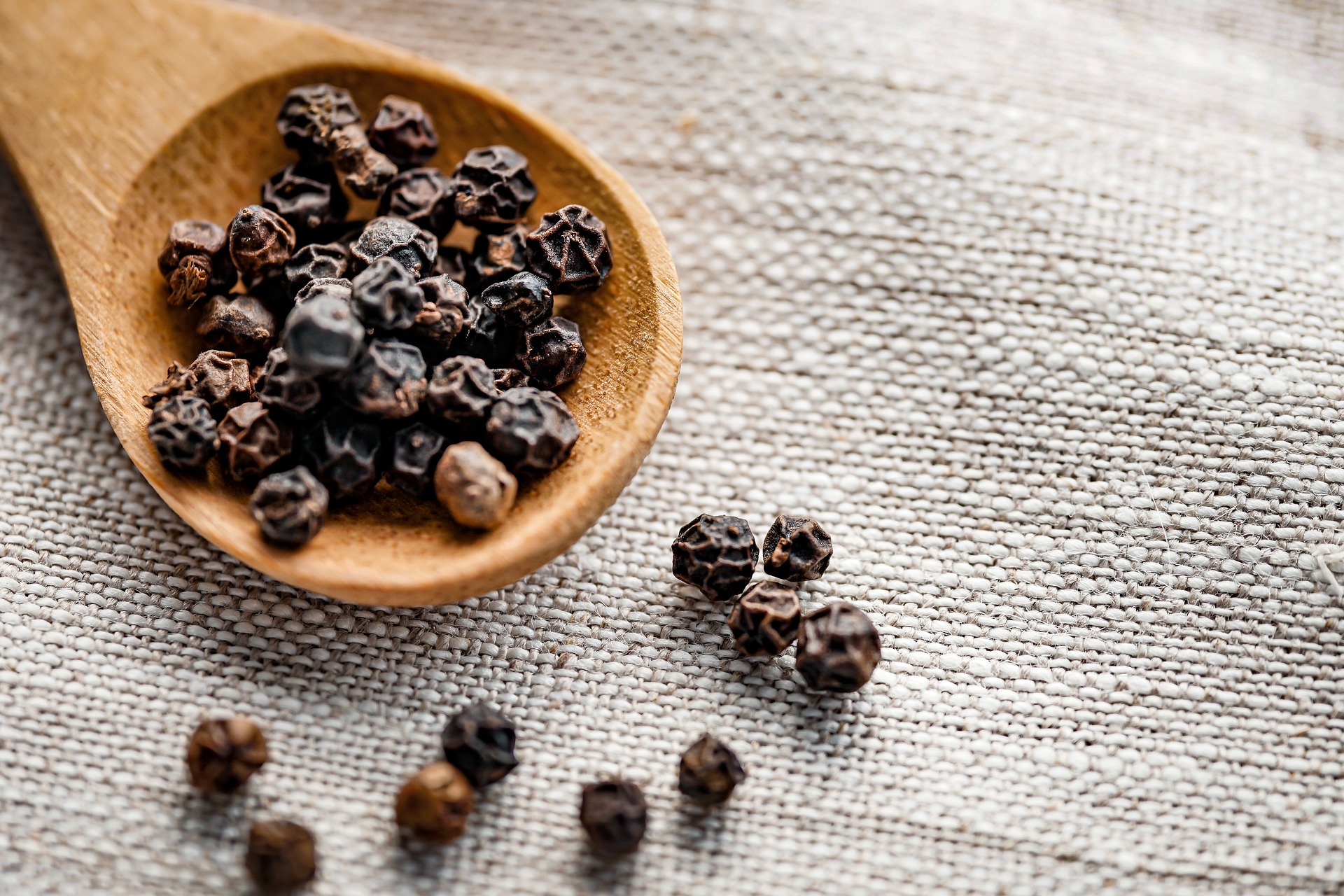
Native to India, black pepper has been known for its wide spectrum of medicinal benefits for centuries. Its most special attribute lies in one of its natural compounds, piperine, which works wonders to help reduce cholesterol levels.
Piperine works by inhibiting the absorption of dietary fat and increasing metabolic processes within the body, resulting in healthy digestion and the breakdown of fats due to an increase in thermogenesis. This process raises metabolism accompanied by the burning of fat cells.
Sprinkling some black pepper onto your plate isn’t enough, though. You must incorporate it into your daily diet to experience its full effect. Try adding freshly grounded cracked black pepper into meals like scrambled eggs or oatmeal, or take a teaspoon a day before eating as part of your daily ritual!
9. Clove
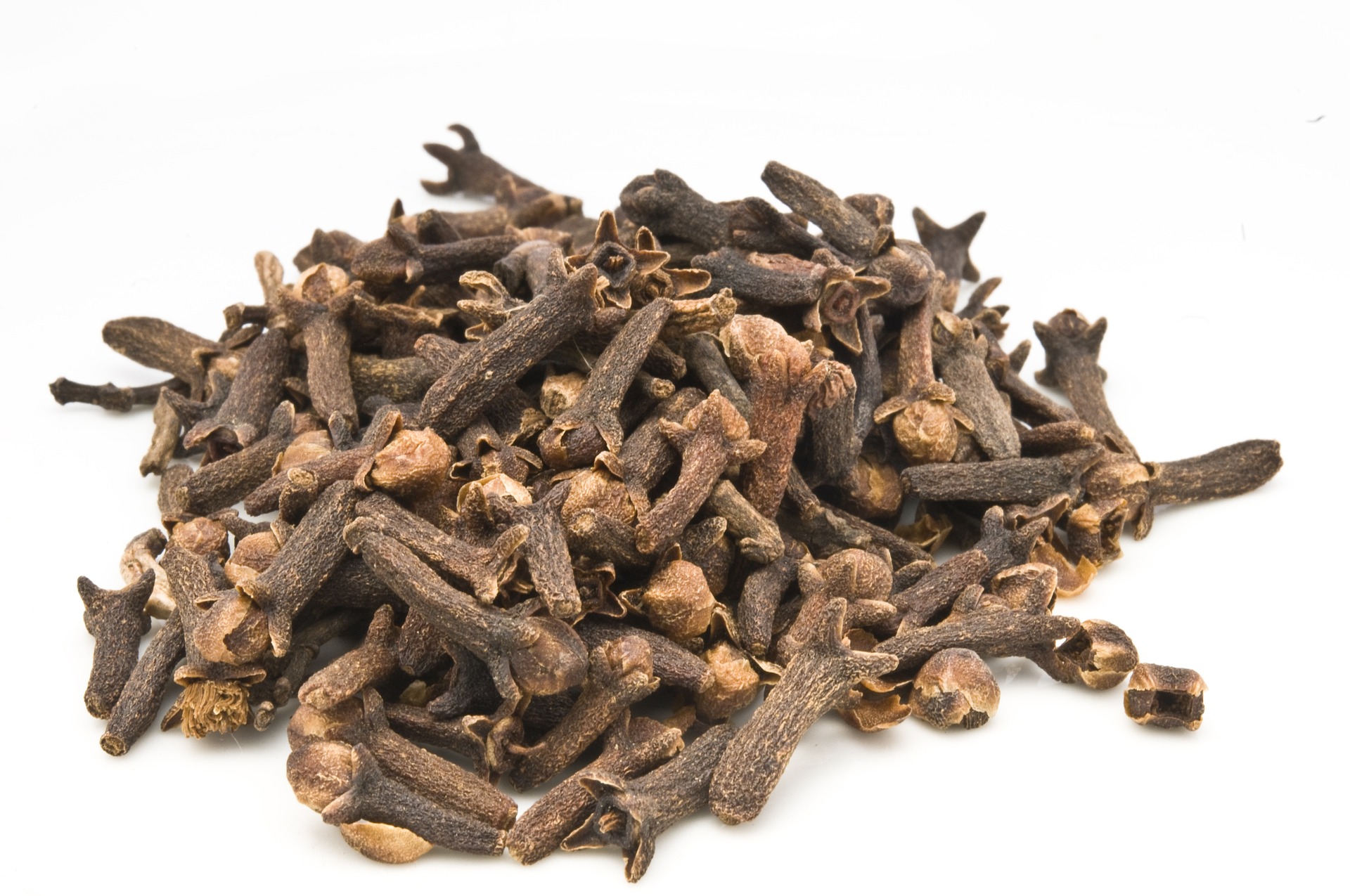
Clove is an aromatic flower bud native to Indonesia and also cultivated in certain regions of India and Sri Lanka. This precious spice has been around since ancient times with many uses – one being cholesterol reduction. A compound in cloves called eugenol reduces total blood cholesterol levels, including “bad” LDL levels. Eugenol boosts HDL (good cholesterol) and can decrease LDL oxidation levels.
To achieve the desired effects, eat three to four cloves daily. Sprinkle some on your food or steep it into a tea infusion. However you choose to enjoy them, you’ll be giving your body the best shot at keeping unhealthy cholesterol levels down.
10. Garlic
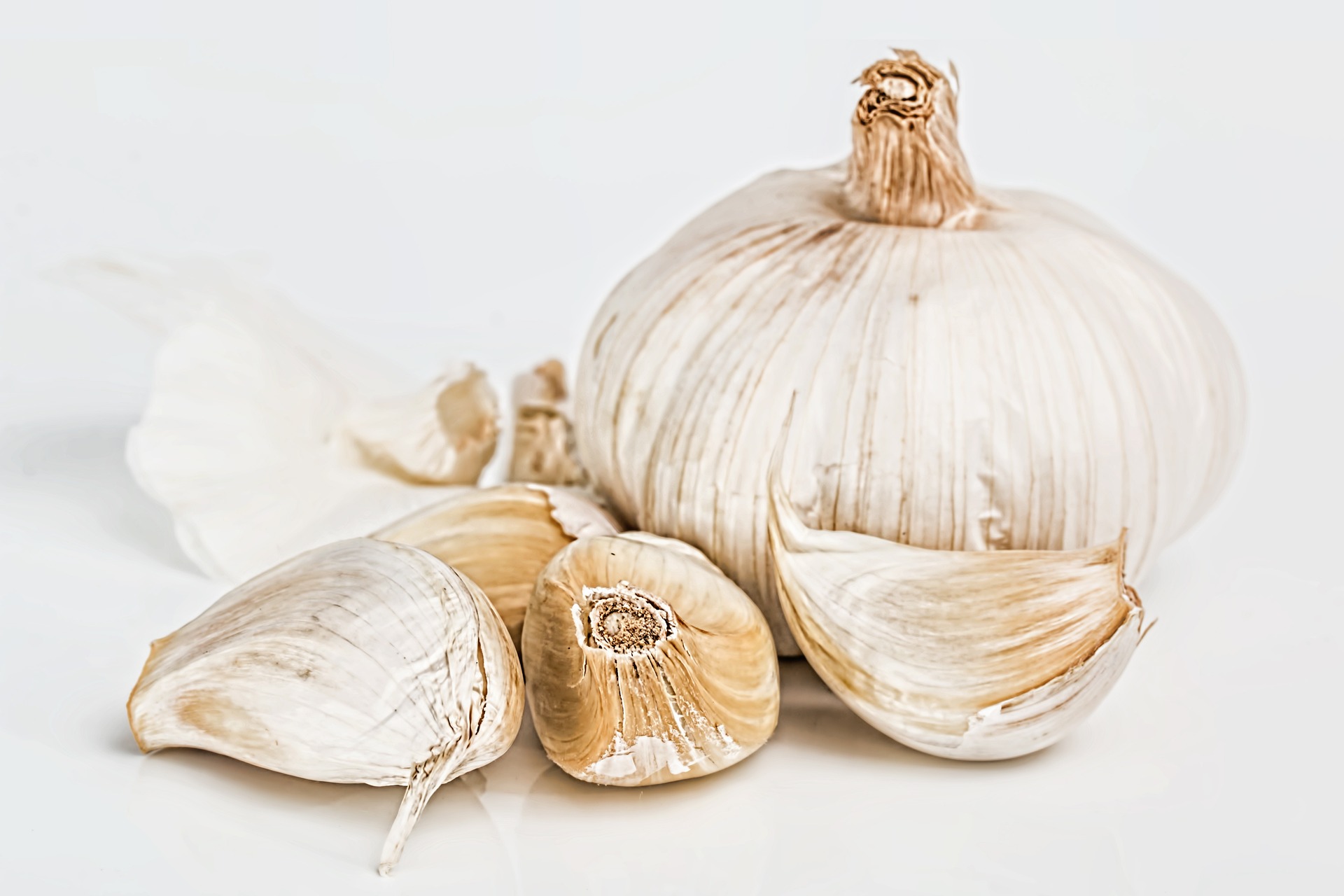
Who knew garlic had so much goodness? For starters, garlic isn’t just an ingredient in your delicious Italian pasta dishes, but it’s actually a pretty amazing food that has been used medicinally for centuries.
Allicin, a substance found in garlic, is known to reduce cholesterol levels. Moreover, allicin works by reducing the amount of cholesterol produced by the liver and preventing veins and arteries from hardening— two factors that can lead to heart disease and high blood pressure.
If you want to get the most out of your garlic consumption for its cholesterol-lowering properties, try crushing or finely chopping it. Then letting it sit for 15 minutes before cooking with it or adding it to your meals raw. Garlic is a fantastic addition to any diet because it is not only excellent for lowering cholesterol but also contains anti-inflammatory and antioxidant effects.
11. Coriander

Coriander is a fragrant and flavor-packed fresh herb. In addition to having a lot of dietary fiber, coriander is also known to possess substances that can decrease triglyceride and cholesterol levels.
Coriander can be easily incorporated into your diet in a variety of ways. For cooking, you can put generous amounts of coriander into soups, meats, and stir-fries. Or try taking two teaspoons of crushed seeds a day to get even more benefits while still enjoying its wonderful flavor. Plus, coriander has so many other possibilities, like making teas or adding dried leaves as a seasoning for salads.
12. Flax Seeds
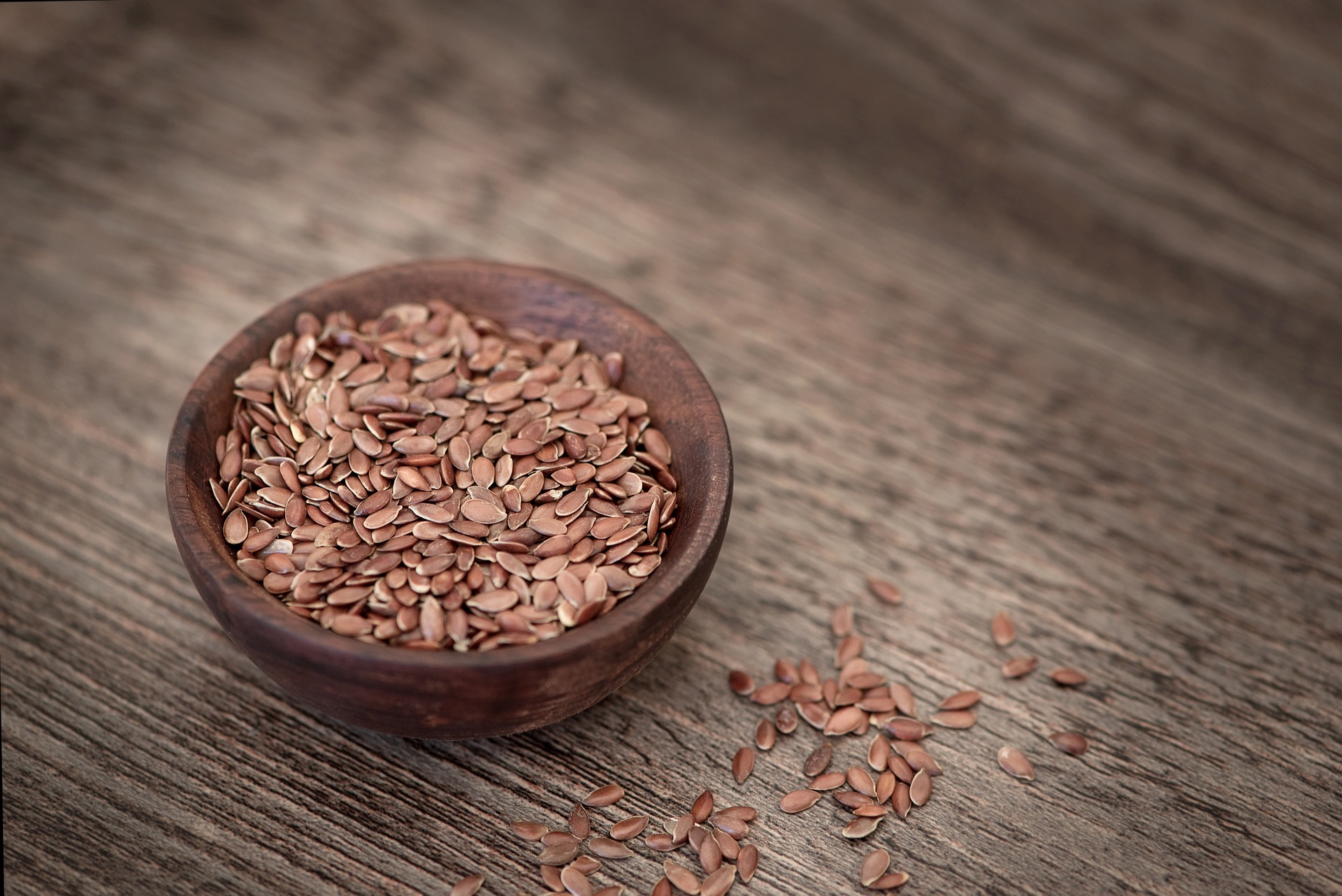
Flax seeds are an under-appreciated superfood that can have a big impact on cholesterol levels. Loaded with omega-3 fatty acids, lignans, dietary fiber, magnesium, and zinc, these tiny little guys are actually quite powerful. Compounds in flaxseeds, including alpha-linolenic acid (ALA), have been found to reduce total cholesterol and LDL (“bad”) cholesterol in multiple studies. Getting more ALA into your system would help many people reduce their risk of various cardiovascular diseases.
To use flaxseed properly, you must ground it up into a powder or oil. Therefore, your body can access all those great compounds inside each seed. Adding some ground flaxseed to your foods can be super easy. For example, if you add one tablespoon of ground flaxseed to your morning smoothie or oatmeal – you’ll benefit from this fantastic gift of nature!
Herbs and Spices That Lower Cholesterol: Tips To Reduce Cholesterol
While herbs and spices are great for reducing cholesterol, there are also a few other tips that you should keep in mind.
Ban Trans Fats
Trans fats, also known as partially hydrogenated oils, have been linked to an increased risk of heart disease as well as higher levels of cholesterol and other inflammatory molecules that put us at risk for other illnesses. Unfortunately, these harmful ingredients are present in many processed snack foods and baked goods found on grocery store shelves. Therefore, avoiding them can take some serious label-reading discipline.
Fortunately, labeling laws mean it’s easy to spot trans fats. Look for the words “partially hydrogenated” when checking items’ nutrition labels. And don’t forget that many restaurants also use these unhealthy ingredients in their food preparation. Ask about them for every meal!
While it may not be easy at first to ban trans fats from your diet, making this one change is a simple yet effective way to make progress on keeping cholesterol levels under control.
Fill Up on Fiber
Getting the right amount of fiber in your daily diet—about 25-30 grams—can help you reach healthy cholesterol levels. Eating foods like beans, and legumes are all high in fiber and have been linked to improved cholesterol readings from studies.
Other benefits include improved digestive health and balanced blood sugar levels. Combining this with regular exercise and other dietary changes can ensure that you take control of your cholesterol levels once and for all!
Go Fish
Eating more of the seafood that we all know can have a very positive effect on your health. Many different types of fish are naturally high in Omega 3 fatty acids, which studies have shown have numerous heart-healthy benefits, including reducing both triglycerides and bad cholesterol.
Aside from their simple preparation, fish dishes are known for their nutritional value. Omega-3 fatty acids help protect against cardiovascular disease, improve memory and cognitive functions, reduce inflammation, and more. If you don’t like the taste or texture of fish, try adding them to recipes like stir fry or soup, where you might be more likely to enjoy them.
And if possible, buy wild-caught varieties as they contain higher levels of essential fats. Add a variety of types into your diet; from salmon to cod and trout, there’s something for every taste!
Opt for Olive Oil
Olive oil is known to help lower bad cholesterol levels with its monounsaturated fat content. In addition to lowering cholesterol levels, olive oil also has many other health benefits that make it super nutritious. It’s full of antioxidants and fatty acids, making it a great choice for those wanting to make heart-healthy changes in their diet.
Additionally, using extra virgin or organic olives ensures the highest quality oils with no chemicals or additives—a win-win! Olive oil is not only incredibly versatile but also has tremendous health advantages. It can be used in entrees, avocado salad dressings, and marinades for an added boost of flavor and vitamins, and minerals.
With so many great reasons behind using olive oil instead of other fats and oils, you’ll be sure to see your cholesterol levels drop after implementing it into your daily routine!
Stop Smoking
Smoking is one of the most significant risk factors for heart disease and other conditions linked to high cholesterol. It causes decreased blood flow; constricts your arteries and veins, which damages them over time. It then leads to inflammation and higher levels of ‘bad’ cholesterol; and even worsens existing plaque buildup in your arteries. Also, it raises your body’s degree of oxidative stress, opening up a new route for coronary artery disease. All this makes smoking a horrible habit that should be stopped if you hope to lower your cholesterol levels naturally (and improve overall well-being).
Cut Down on Alcohol
Of course, this isn’t always the easiest decision to make; it’s invariably one of the most enjoyable aspects of a social gathering, after all. But there are numerous health benefits to cutting down on alcohol consumption that simply can’t be overlooked.
By opting for fewer alcoholic beverages, you enable your body to control its cholesterol levels and reduce overall risks of developing cardiovascular disease in years to come. It also helps insulate you from circulatory problems, complex digestive issues, and a range of other systemic illnesses as well. Though it may not be the most fun decision to make, choosing moderation over excess will improve your overall quality of life both now and in the future!
Frequently Asked Questions
Q: What other natural remedies are there for high cholesterol?
A: Certain plant-based foods such as garlic and onions, which contain flavonoids that can help lower cholesterol. Plus, nuts like walnuts and almonds, which contain omega-3 fatty acids and can reduce LDL (“bad”) cholesterol. Red yeast rice is another popular non-drug option. The extract in red yeast rice has been shown to reduce LDL (bad) cholesterol. And don’t forget about soluble fiber! It helps reduce cholesterol absorption by binding with bile acids in the digestive tract. This vital nutrient is found in oats, fruits, and vegetables.
Q: Does consuming herbs to lower cholesterol quickly?
A: Lowering your cholesterol quickly could be possible when taking herbs as part of your daily diet. There are a number of natural herbs that have been known for centuries for their powerful health benefits, and cholesterol-lowering properties are among them. However, consuming herbs should always be done in moderation. Plus, with professional guidance since overdosing on herbs can affect our health negatively.
Q: Are there herbs and spices that help to maintain blood sugar levels?
A: Studies suggest that cinnamon, ginger, oregano, and basil can positively regulate blood sugar levels since they contain antioxidants and anti-inflammatory agents. Mix up your favorite dishes with these herbs and spices to add a flavorful twist while still maintaining healthy sugar levels.
Q: Is fish oil an effective natural remedy for reducing cholesterol?
A: This at-home alternative is believed to effectively reduce cholesterol, thanks to its high concentrations of omega-3 fatty acids. Some studies have even detailed how the essential fatty acids help dissipate ‘bad’ cholesterol, balancing out your overall cholesterol levels in the process. However, suppose you want to maximize the health benefits of this wonderful supplement. In that case, it’s important not to rely on it exclusively. A balanced diet and exercise regimen can also do wonders for your overall wellness!
Q: Is there herbs and spices for weight loss?
A: Certain spices like cayenne pepper, black pepper, and ginger can boost your metabolism to help burn more fat. Not only that, but these seasonings are also natural alternatives to salt and sugar, reducing the number of calories you consume. Herbs such as oregano, basil, and parsley provide much-needed vitamins and minerals while offering unique flavors without adding extra calories or fats.
Final Words
Herbs and spices are extremely powerful when it comes to lowering cholesterol. It’s not surprising that they have been utilized by people all across the world for a long time to promote general health. From black pepper to rosemary, there are a variety of natural herbs and spices packed with antioxidants, anti-inflammatories, and other beneficial compounds that may help reduce bad cholesterol levels while supporting a healthier heart. If you want to take proactive steps towards maintaining your cardiovascular health, adding more herbs and spices into your diet is a delicious way to do it. So next time you head to the grocery store for some fresh produce, be sure to pick up some flavorful herbs and spices, too. The benefits could be quite remarkable!

